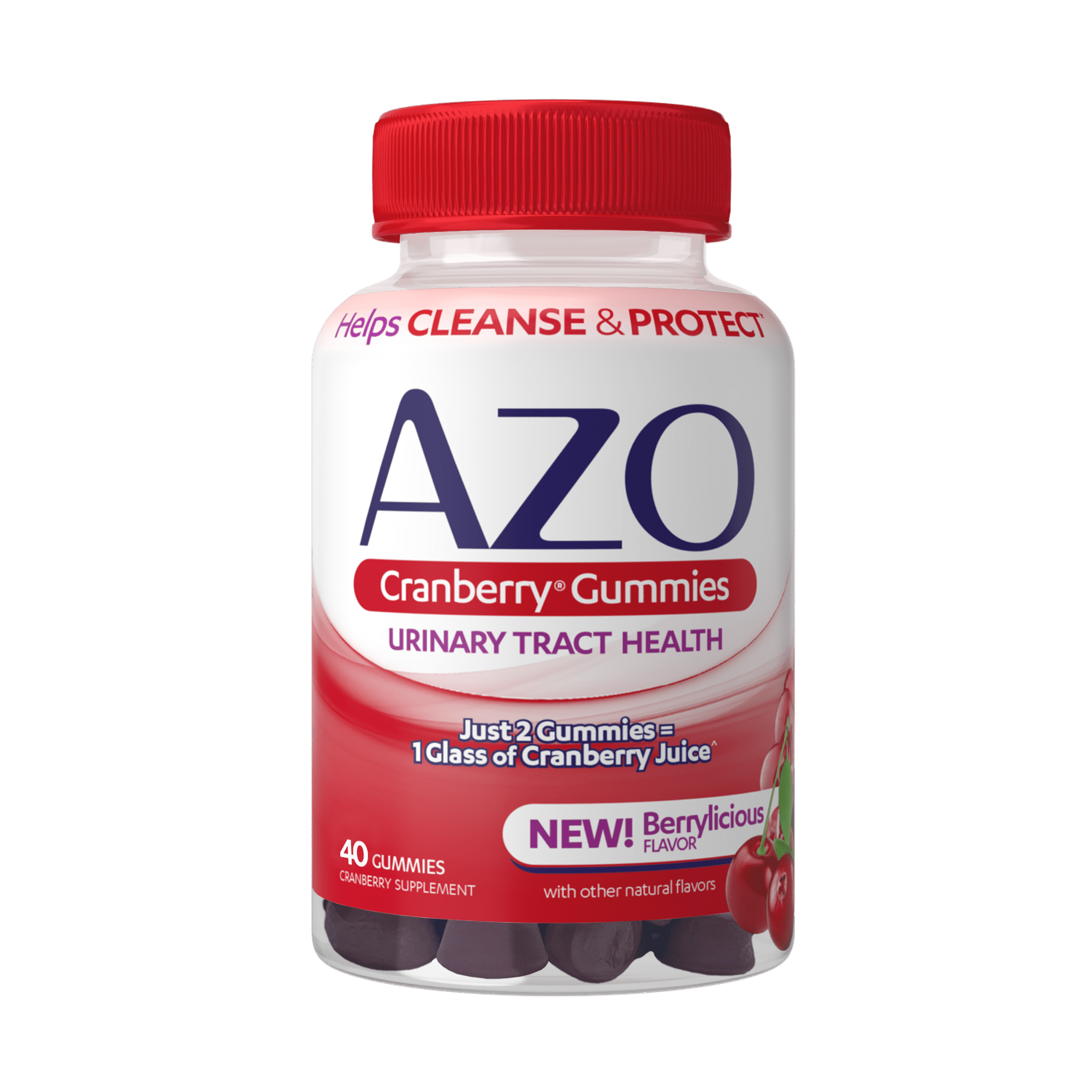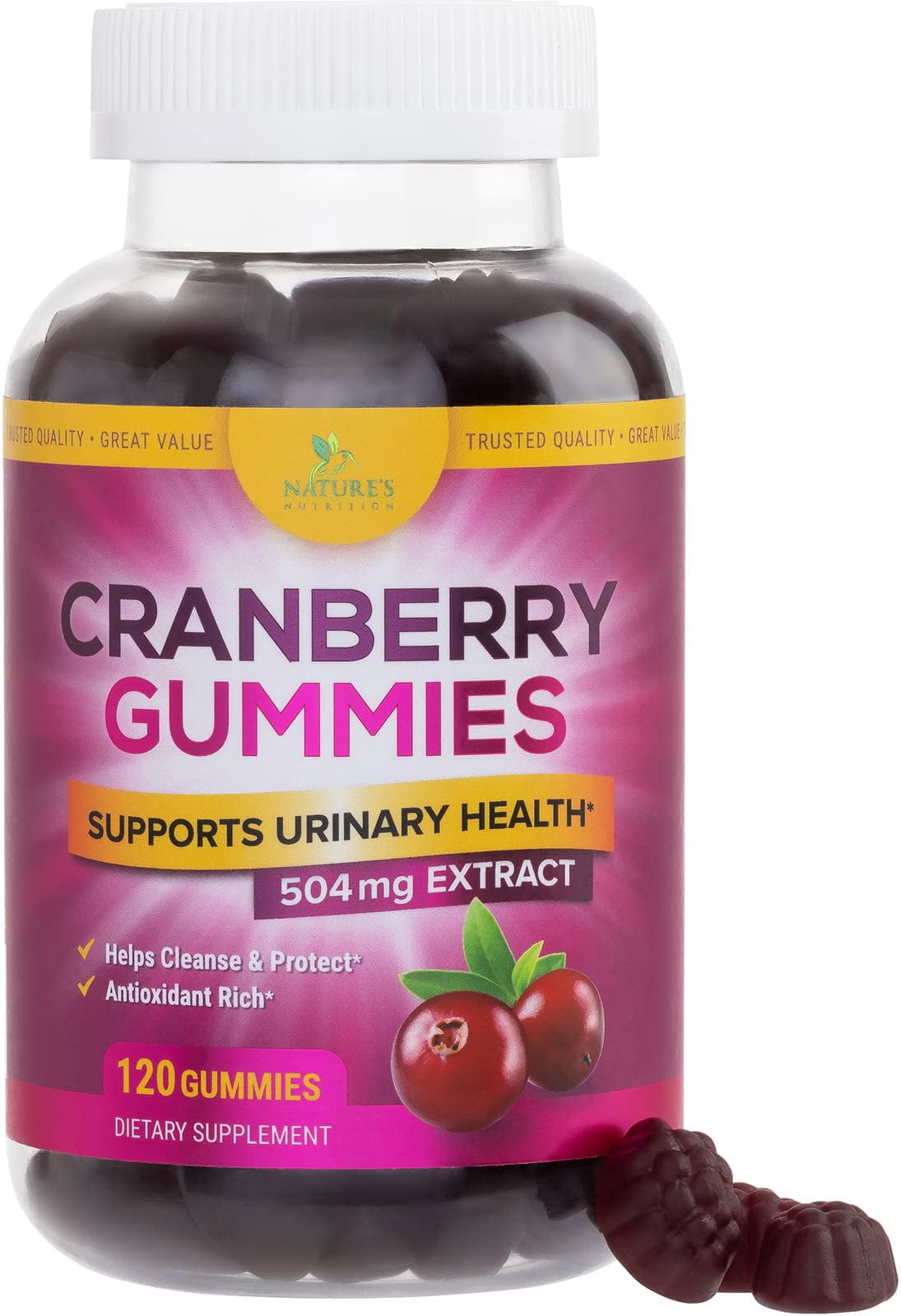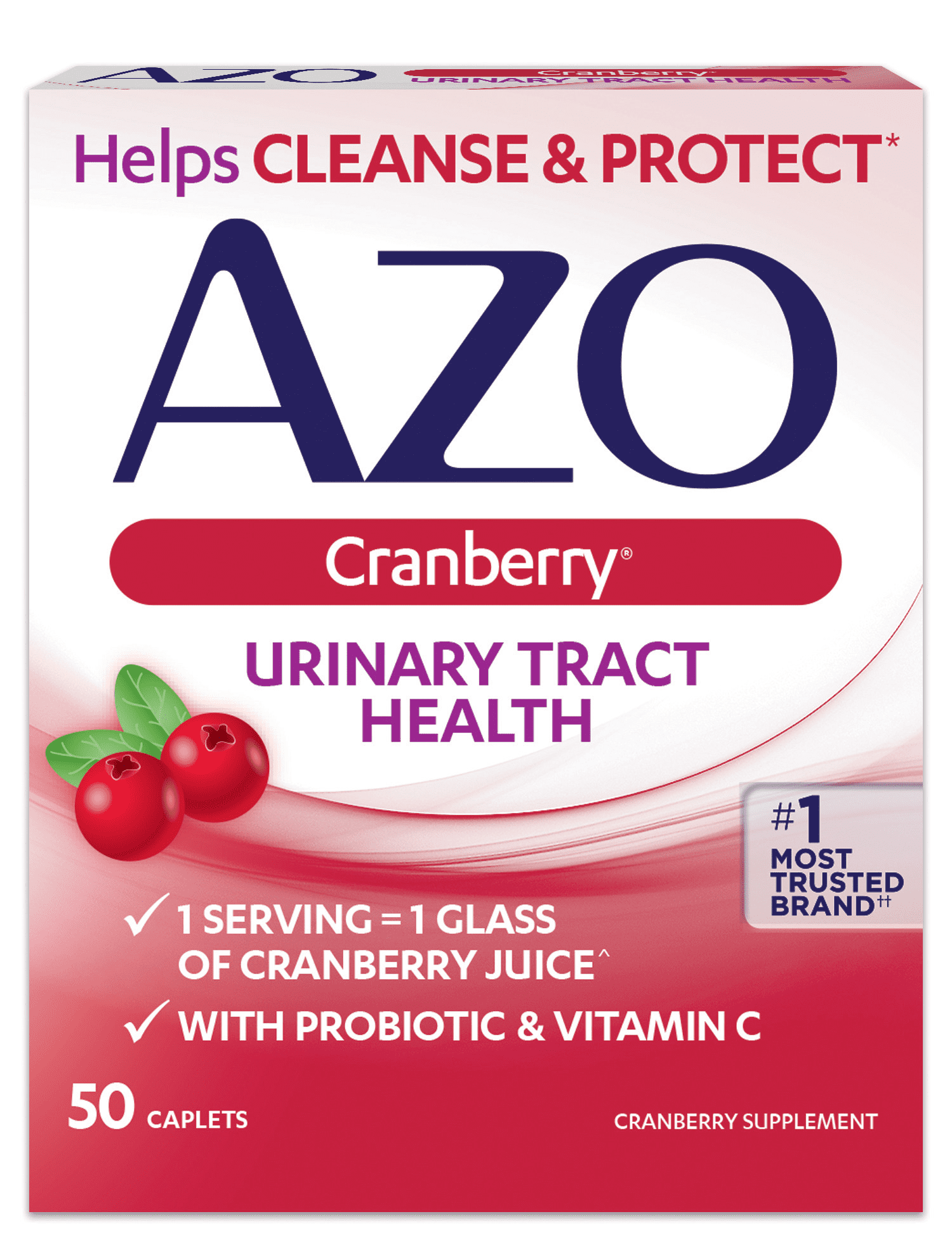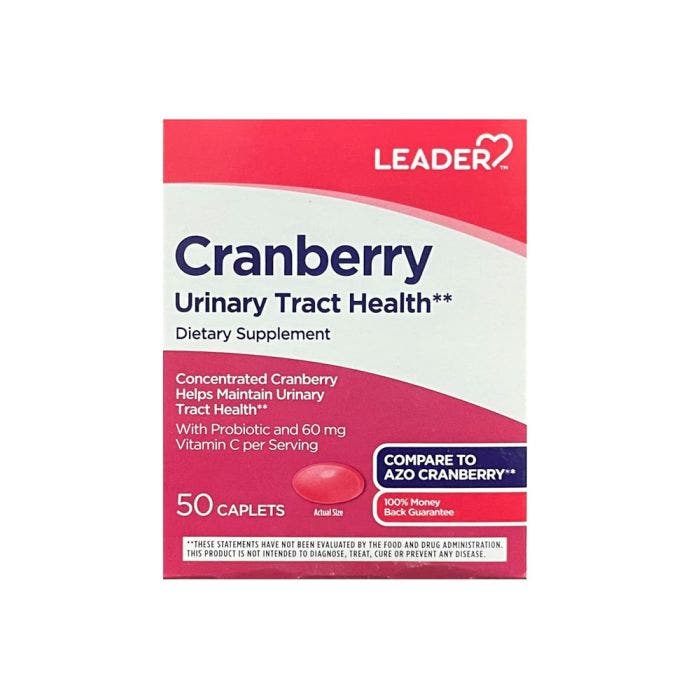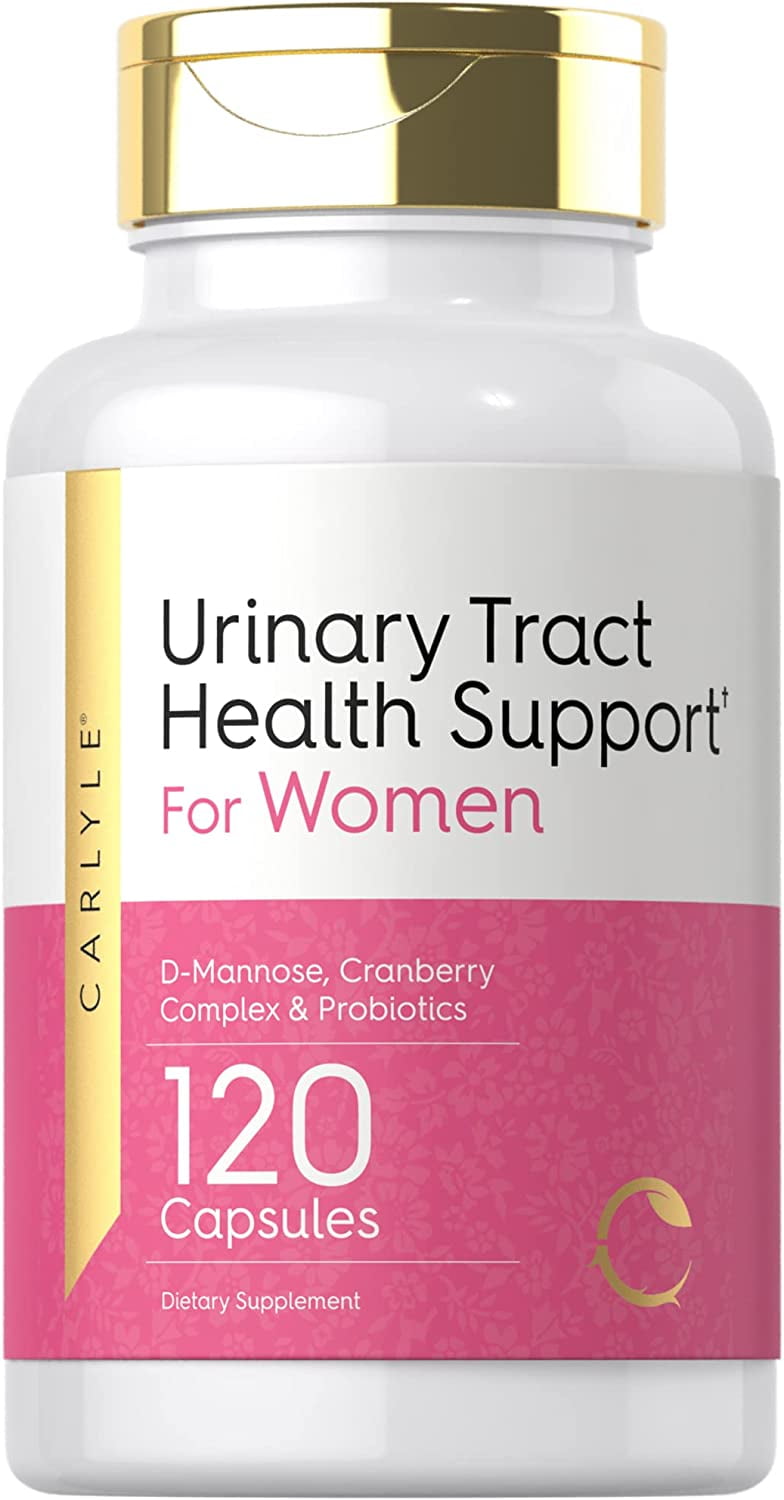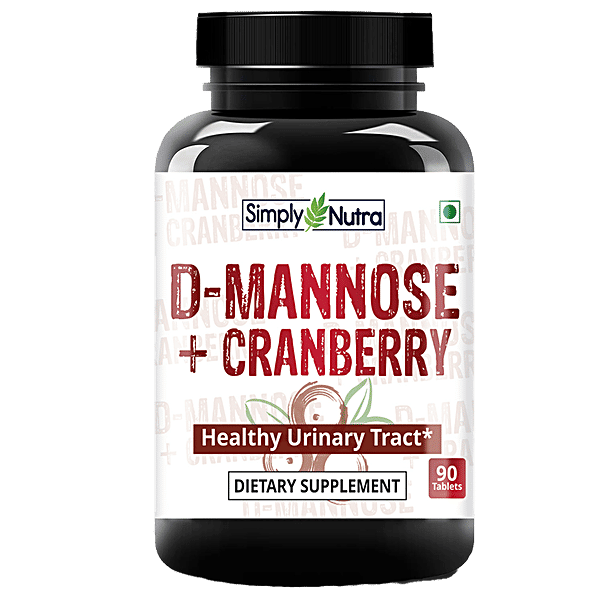Best Cranberry Supplement For Urinary Tract Health

Imagine the sharp, sweet tang of cranberries, not just as a holiday sauce, but as a potential ally in your quest for urinary tract health. For generations, cranberries have been whispered about as a natural remedy for urinary tract infections (UTIs). But with a sea of supplements flooding the market, how do you navigate the cranberry landscape to find the best option for you?
This article dives deep into the world of cranberry supplements, sifting through the science and anecdotal evidence to help you make an informed decision. We'll explore the active compounds in cranberries, different supplement forms, and what to look for to maximize potential benefits for urinary tract health. Understanding these factors is crucial for anyone seeking a proactive approach to wellness.
The Cranberry's Claim to Fame
The power of cranberries in UTI prevention lies primarily in their unique proanthocyanidins (PACs). These compounds, specifically A-type PACs, work by preventing E. coli bacteria, the most common culprit in UTIs, from adhering to the walls of the urinary tract.
By interfering with this adhesion, cranberries essentially flush the bacteria out before they can establish an infection. This mechanism is distinct from antibiotics, which kill bacteria, and provides a preventative, rather than curative, approach.
Beyond Juice: Exploring Supplement Forms
While cranberry juice is a familiar option, supplements offer a more concentrated and convenient way to harness the benefits. The most common forms include cranberry capsules, tablets, and powders.
Capsules and tablets often contain a standardized amount of PACs, making it easier to control dosage. Powders can be mixed into smoothies or water, offering flexibility in consumption.
But not all cranberry supplements are created equal. The efficacy depends largely on the PAC content and the manufacturing process.
Decoding the Label: What to Look For
When choosing a cranberry supplement, the key is to look for products that specify the amount of PACs. The recommended daily intake of PACs for UTI prevention typically ranges from 36 to 72 milligrams.
Check the label carefully for phrases like "standardized to contain X mg of PACs" or "contains proanthocyanidins". This ensures you're getting a consistent and effective dose.
Also, consider the source of the cranberries. Look for supplements that use Vaccinium macrocarpon, the North American cranberry species that has been most extensively studied for its UTI-fighting properties.
The Scientific Scoop: Research and Evidence
Numerous studies have investigated the efficacy of cranberries in UTI prevention. A 2012 meta-analysis published in the Cochrane Database of Systematic Reviews found that cranberry products may reduce the risk of recurrent UTIs in women.
However, the study also noted that more research is needed to determine the optimal dosage and long-term effects. Subsequent research has generally supported the potential benefits of cranberries, particularly for women with recurrent UTIs.
A more recent study published in the American Journal of Clinical Nutrition also highlighted the effectiveness of cranberry capsules with high PAC content in preventing UTIs.
Navigating the Market: A Few Standout Options
While specific product recommendations fall outside the scope of this article, there are certain brands known for their commitment to quality and transparency. Look for supplements that have been independently tested by third-party organizations like NSF International or USP.
These certifications ensure that the product contains the ingredients listed on the label and that it meets certain quality standards. Reading reviews from other users can also provide valuable insights into the effectiveness and tolerability of different supplements.
Who Should Consider Cranberry Supplements?
Cranberry supplements may be particularly beneficial for women who experience recurrent UTIs. They can also be a helpful preventative measure for individuals who are prone to UTIs due to factors like catheter use or diabetes.
However, it's essential to consult with a healthcare professional before starting any new supplement regimen. Cranberry supplements may interact with certain medications, such as blood thinners, and are not a substitute for medical treatment in the case of an active UTI.
Potential Side Effects and Considerations
Cranberry supplements are generally considered safe for most people, but some individuals may experience mild side effects such as stomach upset or diarrhea. High doses of cranberry can also increase the risk of kidney stones in susceptible individuals.
If you experience any adverse effects while taking cranberry supplements, discontinue use and consult with your doctor. Pregnant or breastfeeding women should also seek medical advice before using cranberry supplements.
Beyond Supplements: A Holistic Approach
While cranberry supplements can be a valuable tool in UTI prevention, they are most effective when combined with a holistic approach to urinary tract health. This includes drinking plenty of water to flush out bacteria, practicing good hygiene, and avoiding irritants like caffeine and alcohol.
Strengthening your immune system through a balanced diet and regular exercise can also help reduce your risk of UTIs. Remember, a proactive approach to health involves addressing multiple factors, not just relying on a single supplement.
The Future of Cranberry Research
Ongoing research continues to explore the full potential of cranberries in urinary tract health. Scientists are investigating the specific mechanisms by which PACs inhibit bacterial adhesion and are developing new and improved cranberry products.
Future studies may also shed light on the potential benefits of cranberries for other health conditions, such as cardiovascular disease and cancer. The humble cranberry may hold even more secrets yet to be uncovered.
A Note on Cranberry Juice
While cranberry juice is often touted as a UTI remedy, it may not be the most effective option due to its lower concentration of PACs and high sugar content. Many commercially available cranberry juice cocktails contain added sugars, which can actually promote bacterial growth.
If you choose to drink cranberry juice, opt for unsweetened varieties and consume it in moderation. Consider it a complement to, rather than a replacement for, cranberry supplements or other preventative measures.
The Takeaway: Empowering Your Urinary Tract Health
Choosing the right cranberry supplement requires careful consideration of PAC content, supplement form, and potential interactions with other medications. By understanding the science behind cranberries and following the tips outlined in this article, you can make an informed decision that supports your urinary tract health.
Remember, a holistic approach that combines cranberry supplements with healthy lifestyle habits is the most effective way to prevent UTIs and maintain overall well-being. Consult with your healthcare provider to determine the best course of action for your individual needs.
As you navigate the world of supplements, remember that knowledge is power. Empower yourself with the information you need to make informed choices and take control of your health journey.


